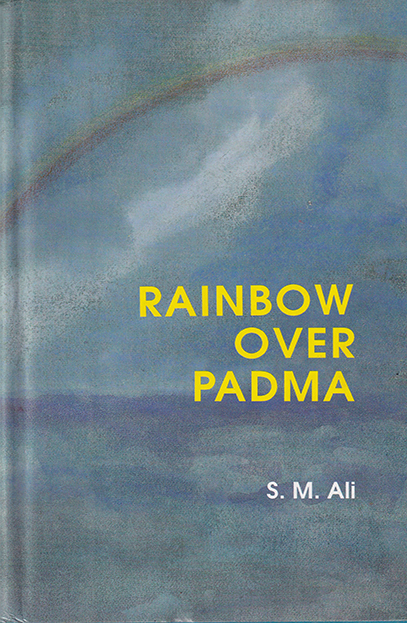
- Shop
- Rainbow over Padma
Rainbow over Padma
| Language: English |
Tags :
Book Info
Rainbow over Padma is a novel of hope and is published posthumously. It is the picture of Bangladesh the writer would have liked to see reborn out of its present suffering. The real heroes of this novel are the people of Bangladesh. Set against the grain economic and political situation in Bangladesh in the late eighties, the novel depicts the struggle of a group of people to create a new future for their country. Under the guidance of a Bangladeshi writer who returned home after living abroad for nearly a quarter of a century, they set up a broad-based movement that draws its support from the villages. They seek to promote grassroots rural development and bring hope to poverty-stricken farmers and landless laborers. This eventually produced a new kind of community leader who seemed capable of challenging the rotting socio-political order in the country and the administration of President Abul Morshed. The novel makes a case for the kind of development that can save a country like Bangladesh. Amongst many examples that the author depicts is the case of a small poverty-stricken village which, for years, has been living below the subsistence level turns to apiculture and discovers a new source of income. In a small town in southern Bangladesh, two hundred rickshaw pullers set up their own cooperative society and eventually own the vehicles which they once used to hire on a daily basis. It describes a development that touches the lives of teeming millions.

S. M. Ali
S. M. Ali was a distinguished journalist of South and South East Asia. He was born on December 5, 1928 in a distinguished literary family of Bangladesh. His uncle late Syed Mujtaba ALi was a noted writer. After obtaining his Masters in literature from the Dhaka University in 1952, he worked as a reporter in Dhaka, Karachi, and finally in London. He then worked with The Pakistan Times (Lahore) as an Assistant Editor for two years. In 1962 he moved to Hong Kong with an assignment with The Asia Magazine. From then on, he successively held such senior editorial positions in Southeast Asia as the Managing Editor of The Bangkok Post (1966-70). In between his assignments in Singapore and Hong


